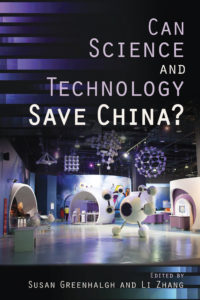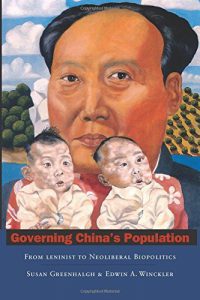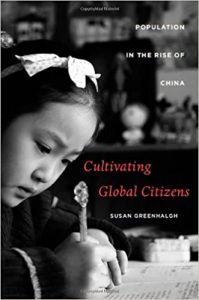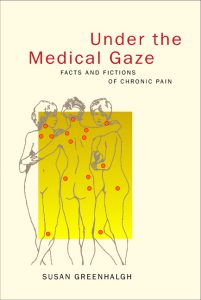
Soda Science
The corporate warping of science is more common than we think. This book tells the story of how, in the midst of an explosive epidemic of obesity, Big Soda mobilized academic allies to create a science that would protect profits on sugary drinks by advocating exercise, not dietary restraint, as the primary solution to obesity — a view few experts accept. Soda Science follows the “soda scientists” as they created this industry-friendly science in the US, spread it to China, and helped get it embedded in Chinese policy, with harmful effects on people’s health. Sergio Sismondo writes: “A brilliant story of corporate science, carefully researched and compellingly told.”

Can Science and Technology Save China?
At the heart of China’s modernization project is the widespread belief that modern science and technology will save the nation, speeding its transformation into a global power (kexue jiuguo) Has that happened? Looking closely at a variety of sciences and technologies — how they are made, how they interface with society and with what effects — these essays by eight anthropologists provide unsettling answers.

Fat-Talk Nation: The Human Costs of America’s War on Fat
Featuring heart-rending narratives of personal struggle with diets, workouts, “bad BMIs,” and eating disorders, Fat-Talk Nation shows how America’s war on fat, far from solving the obesity problem, is disrupting families and damaging the bodily and emotional health of young people. From the journal Fat Studies: “It is not an exaggeration to suggest that Fat-Talk Nation is relevant for everyone in North America.”

Governing China’s Population: From Leninist to Neoliberal Biopolitics
This monumental interdisciplinary study reframes the question of China’s population as one of politics, not demography. It documents the “governmentalization” of China’s population over the half century 1949 to 2005, tracing the shift from more Leninist to increasingly neoliberal modes of governance, and what that brought in its train. David Bachman writes: “Everyone interested in the Chinese political system and the Chinese people should read this book.”

Just One Child: Science and Policy in Deng’s China
China’s one-child rule is unassailably one of the most controversial social policies of all time. In this award-winning book, Susan Greenhalgh asks how, in the early post-Mao years, the leaders of a nation of one billion concluded that only the most drastic policy – one child per couple — would solve the population problem. The answer lies in the hands of few top aerospace engineers, who hijacked the policymaking process to leave China with a policy that treated babies like missiles. David Bachman writes: “This is a superb work of scholarship, fundamentally altering our knowledge of one of the most important policies ever made in… China and the ways we go about knowing China.”

Cultivating Global Citizens: Population in the Rise of China
Current accounts of China’s global rise emphasize economics and politics, largely neglecting the cultivation of China’s people. In this book, one of the foremost authorities on China’s one-child policy places the governance of population squarely at the heart of China’s ascent. From Martin K. Whyte: “To understand the challenges China’s rise presents… we need to appreciate the centrality of… population management in the strategic thinking of Chinese elites. Cultivating Global Citizens provides a vital guide to this controversial terrain.”

Under the Medical Gaze: Facts and Fictions of Chronic Pain
Susan Greenhalgh presents an auto-ethnography of her encounters with a pain specialist who, through creative interpretation of the diagnostic criteria for an emerging chronic disease, decided she had a painful, essentially untreatable, lifelong muscle condition called fibromyalgia, and then proceeded to produce the requisite symptoms in her body. An up-close-and-personal story of the workings of power in American medicine, and of the devastation that can be wrought when the doctor gets it wrong. Sharon Kaufman says: “This is an extraordinary book – riveting story, concise scholarship, experimental ethnography – and it is beautifully told.”